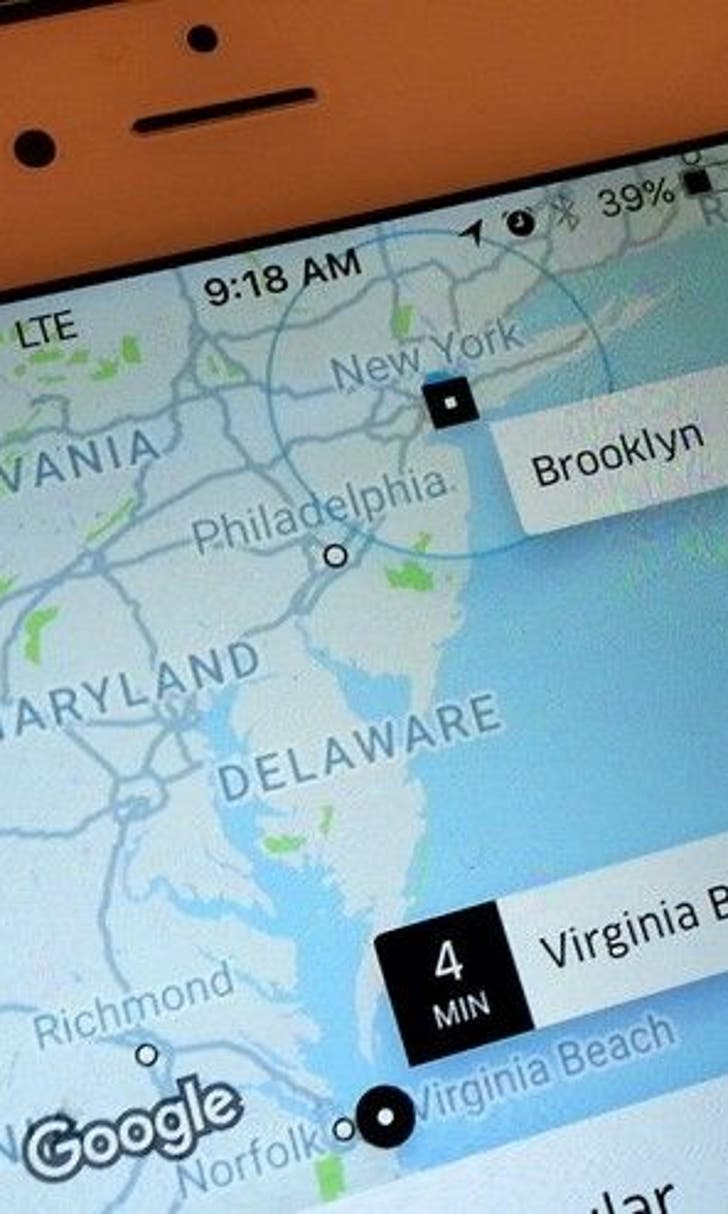

Instead, the two tech darlings have burned through heaps of investor cash, using venture capital backing to keep the price of each trip artificially low. Even as ride hailing has revolutionized urban transportation, neither Uber nor Lyft has ever come close to turning a profit. Profitability would certainly distinguish Alto from the competition. Coleman and Halbardier’s bet is that if Alto can make a profit in Dallas, the company can make one just about anywhere. “If you asked Uber, ‘Is Dallas a good market?’ they’d be like, ‘You know, it’s not bad,’ ” says Alex Halbardier, who joined Alto as its chief customer officer in the company’s early days. He’s referring mostly to key factors that ride-hailing companies take into account when considering a market, like traffic congestion, customer demographics, distance to airports, and the number of students in the area.

“People from Dallas don’t love to hear this,” Coleman says, “but Dallas is very average.” But there was another reason why he picked a city that, despite its burgeoning tech scene, has never produced the sort of sexy start-up “unicorn” he aspired to create. Instead, he started searching for office space in Dallas.

When Will Coleman was deciding where he would stage his bid to compete with Uber and Lyft, he never seriously considered Silicon Valley.


 0 kommentar(er)
0 kommentar(er)
